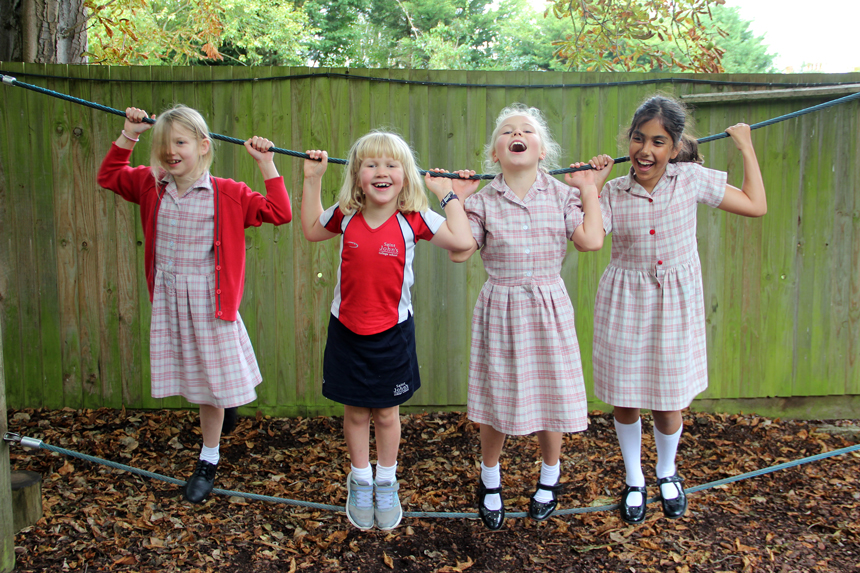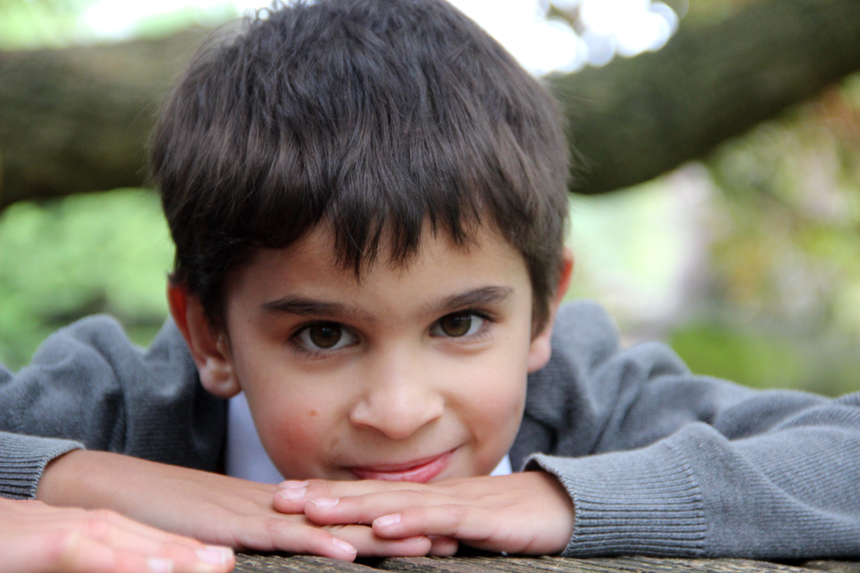The Emotions for Learning (E4L) programme supports all children’s social-emotional development, laying a strong foundation for happiness, resilience, and academic success. It empowers children to manage their emotions, understand themselves, and build healthy relationships in a way that supports both well-being and learning. Social and Emotional Learning is at the core of E4L. By fostering emotional literacy, empathy, and self-awareness, E4L supports improved academic performance, increased pro-social behaviour, and stronger peer and teacher relationships. Emotional regulation is central to E4L, helping children manage stress, communicate effectively, and engage positively with others.
E4L helps each child learn to the best of their ability and grow into a fulfilled, resilient, and emotionally secure person. It offers:
• Structured, developmentally appropriate lessons
• Strategies to manage emotions and foster emotional safety
• Opportunities to build agency through problem-solving and reflection
• Understanding of relationships and how to connect to others
• Tools to ensure children are learning ready
By embedding emotional development into everyday school life, E4L supports whole-school well-being and aligns with DfE guidance on promoting mental health and ISI expectations around personal development.
My daughter is in T2 and I can see that the E4L practice has had a strong positive influence on her in the past couple of years.(Pre-Prep Parent)
E4L in Practice
E4L is implemented across the school day, through discrete lessons and everyday relational practice. Children are supported to:
• Develop emotional vocabulary and regulation strategies
• Strengthen relationships with peers and adults
• Solve conflicts and problems with empathy and understanding
If I didn’t do E4L I would get angry. With E4L I can just talk to people.(T1 Child)
The E4L Core Teachings
Connect, Explore, Act—offers a simple, yet powerful framework to support children's emotional and social development. Connect, Explore, Act guides teaching staff to build trusting relationships, foster emotional insight, and support children in developing empathy, resilience, and problem-solving skills. When both staff and children learn and practice these principles together, it creates a consistent, emotionally rich environment that deepens connection and strengthens wellbeing for all.
Connect
• Build warm, secure relationships that form the foundation of emotional safety.
• Foster trust and emotional bonds through attentive listening and consistent care.
• Create a safe environment where children feel seen, heard, and valued.
Explore
• Encourage reflection on thoughts, feelings, and behaviours to promote self-awareness.
• Help children identify and name emotions.
• Promote curiosity about internal experiences and interpersonal dynamics.
• Support open conversations about challenges and successes.
Act
• Guide children to make empathetic decisions, solve problems, and build resilience.
• Model and practice positive coping strategies.
• Teach constructive problem-solving and conflict-resolution skills.
• Encourage acts of kindness, accountability, and perseverance.
The E4L Curriculum - building an inner framework
Teaching children about their inner world—thoughts, feelings, and bodily sensations—helps them build self-awareness, emotional vocabulary, and the ability to navigate their experiences with confidence and care.
I’ve got different solutions from E4L. Count back from 10, deep breaths and walk away from the problem and solve it when I am calm and mindful moments.(Form 1 child)
Mindfulness Practices
Mindfulness practices are integrated into E4L to support self-regulation, focus, and emotional awareness. Children are taught to use mindful breathing and guided visualisations called Stillings to manage their emotions and maintain calm. The regular use of Action Story or peer to peer massage provides an understanding of positive touch and consent whilst also developing a generosity of spirit towards others through gentle, positive touch.
I was teaching my mum Stilling but I forgot the wiggle our fingers and toes bit. But we’re doing it again this afternoon!(KG Child)
Teachers also learn to be mindfully aware of their own emotional responses. This reflective approach helps staff to stay grounded, manage stress, and respond to children with empathy and understanding—creating calmer, more responsive classrooms.
Children are encouraged to notice the good in others and express it through genuine Compliments, helping to build a positive, respectful community where everyone feels valued and seen. Children learn about healthy relationships by experiencing kindness, setting boundaries, resolving conflicts respectfully, and understanding the importance of empathy and trust. Emotions 4 Learning is also a successful Outreach Project which aims to bring emotional wellbeing to other children and teachers.




